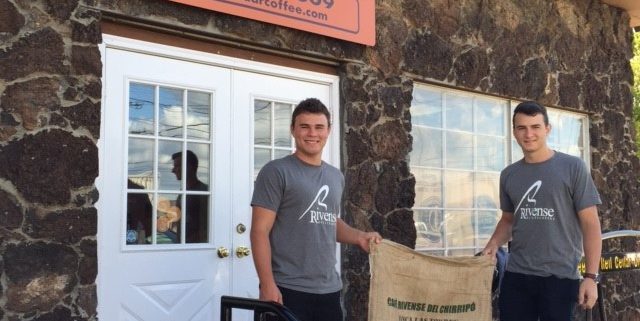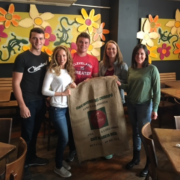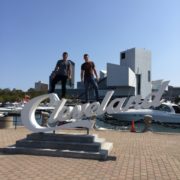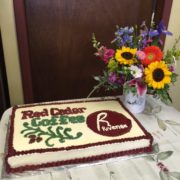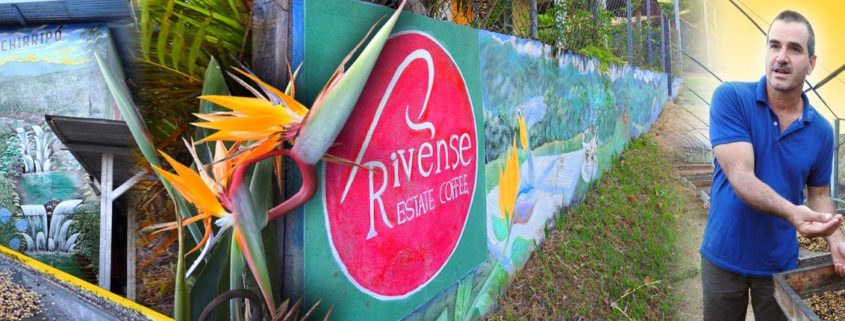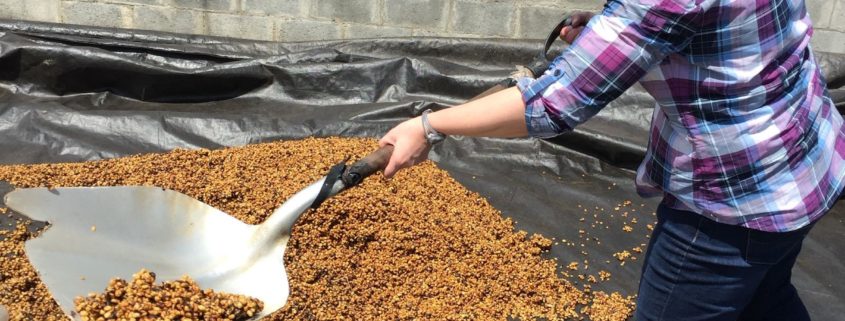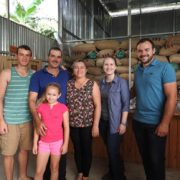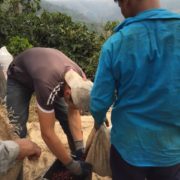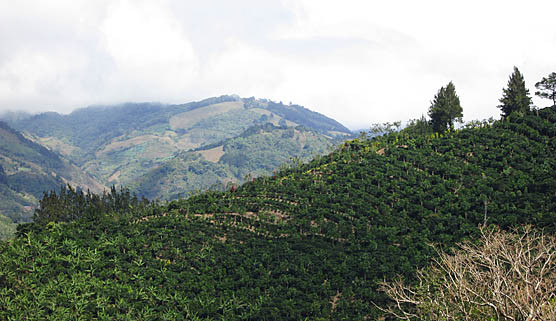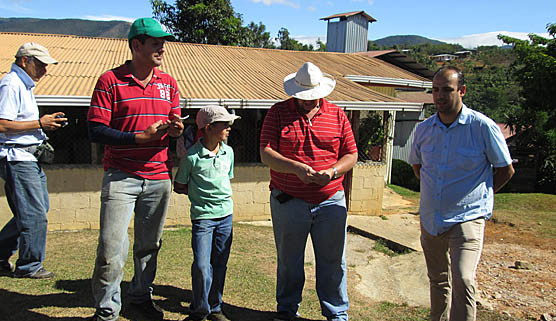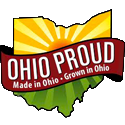Have you noticed coffee has changed? Coffee has changed…specifically, the way the coffee has been processed at the farm/micro-mill.
Coffee has traditionally been processed one of two ways, washed process or natural process. Both provide unique flavor profiles.
When clean water is abundant coffee producers may use a washed process to separate the fruit from the coffee bean.
Where water is lacking, a producer would use the natural process and allow the coffee to dry under the sun naturally.
Times have changed due to innovations in processing equipment at the farm and coffee roaster’s request.
Costa Rica has led the innovation by combining elements of the washed and dry processes. This new process is called the honey process. By adjusting equipment such as depulpers at the mill, producers can choose how much fruit they want to remove off the coffee bean. These changes can also impact the way the coffee tastes once it’s been brewed.
Many ask if honey is used in the honey process. The answer is no. The name “honey process” comes from the honey-like fragrance (called “miel” in Spanish) of the fruit drying on the coffee bean.
We are pleased to offer three outstanding honey processed coffees:
- White honey: most of the fruit is removed off the coffee bean. White honey processed coffees may be described as lighter and brighter. (Example: Costa Rica Finca Dragon)
- Red honey: about half the coffee fruit remains on the coffee bean throughout the drying process. Red honey coffees will have more body compared to the white honey, and you may notice fruitier notes when you brew your coffee. (Example: Costa Rica Pie San)
- Black honey: the coffee cherry is peeled but the fruit remains on the coffee beans. Depending on weather condition, it can take 7-14 days for the fruit to dehydrate off the coffee bean. Since the bean is absorbing sugars during this time the coffee will be full bodied, complex and with natural sweetness. (Example: Costa Rica Finca las Torres)
These honey processed coffees are available at the Red Cedar Coffee Co. retail store and online at RedCedarCoffee.com.


